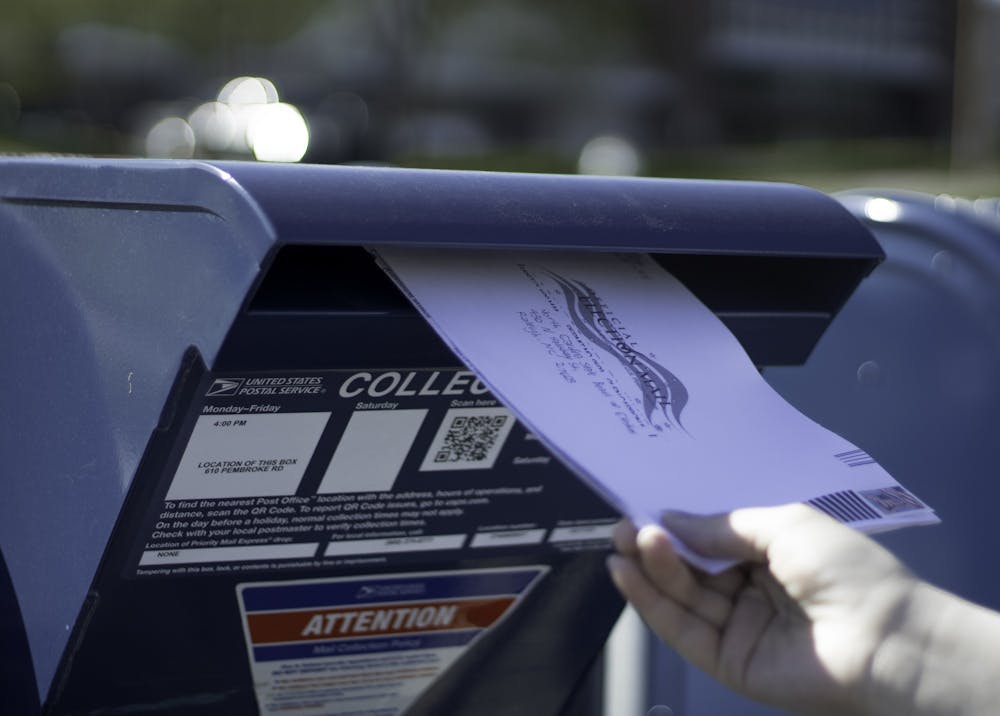In Orange County, 61 provisional ballots were cast on Election Day, and two provisional ballots were cast during early voting. Gerry Cohen, a member of the Wake County Board of Elections, said 61 of the 63 total provisional ballots were cast in Chapel Hill.
The ballots are yet to be officially counted and incorporated into election results.
In North Carolina, provisional ballots can be cast by a voter if their eligibility is not confirmed at the time that they vote.
Voters may have to cast provisional ballots due to reasons such as voter registration or address discrepancies, lack of acceptable ID, voting in the incorrect precinct or other questions of eligibility.
In the unofficial results for Chapel Hill Town Council, there is a 16-vote difference between the fourth place candidate, Elizabeth Sharp and fifth-place candidate, Renuka Soll.
Sharp and Soll ran on a slate with mayoral candidate Adam Searing.
Cohen said these 63 provisional ballots, as well as the 59 absentee ballots that have so far been received and any others received in Chapel Hill by Nov. 13, will be counted on Nov. 16, and the results will be finalized on Nov. 17.
“With my experience handling provisional ballots in Wake County and other places and looking at what percentage of various categories were approved in the past — I’m going to predict that 32 of the 61 will eventually be counted,” he said.
According to state law, every citizen who seeks to vote can cast a provisional ballot. No voter can be turned away from polls without being given the option to cast a provisional ballot.




